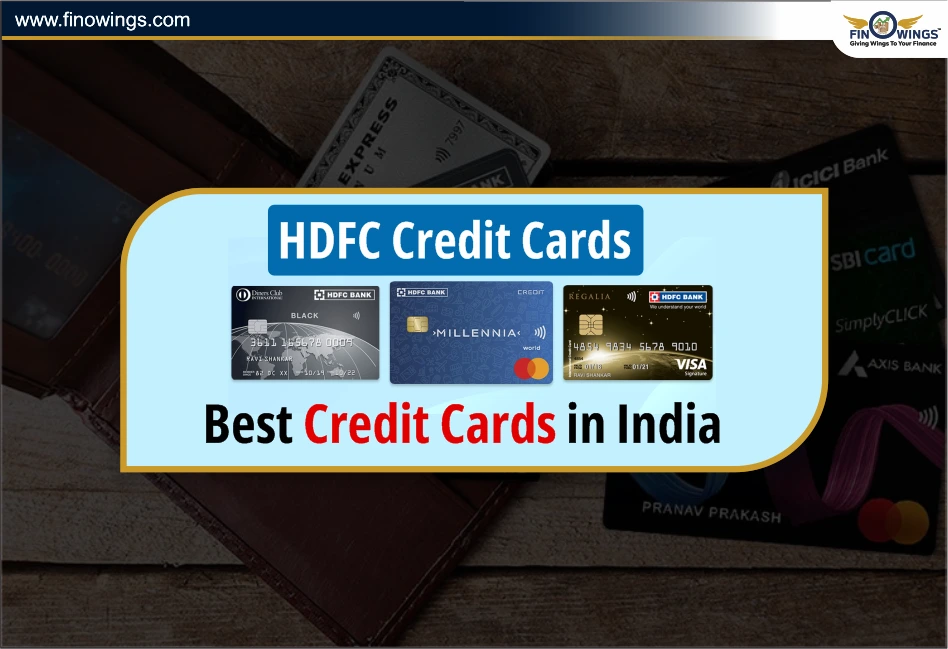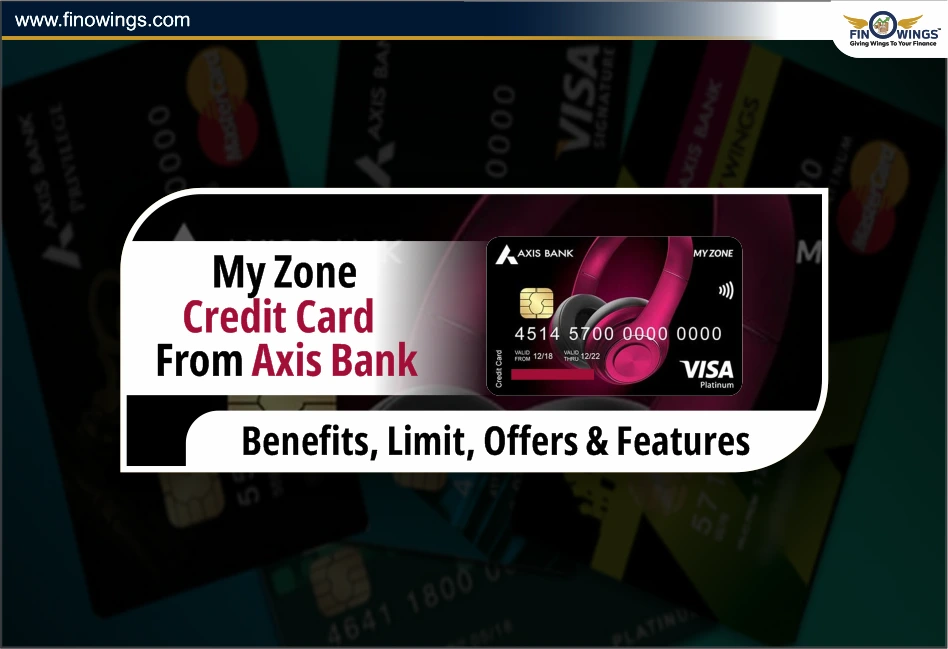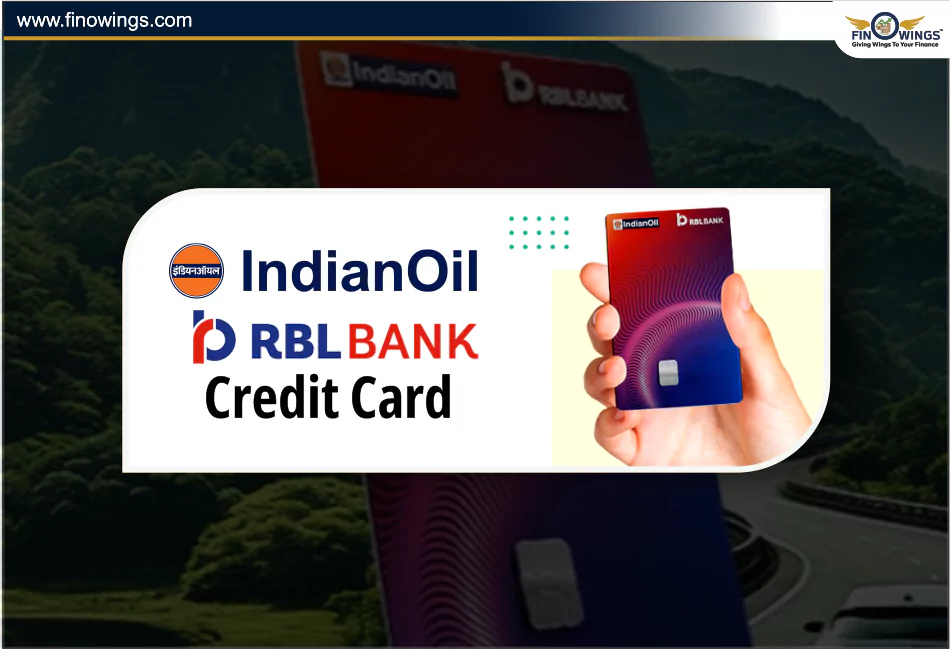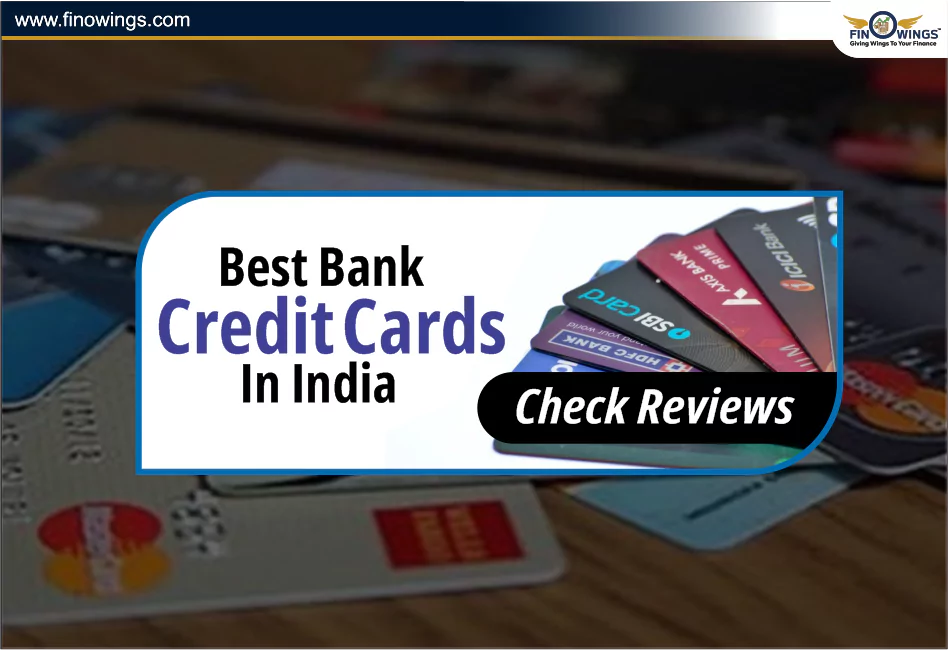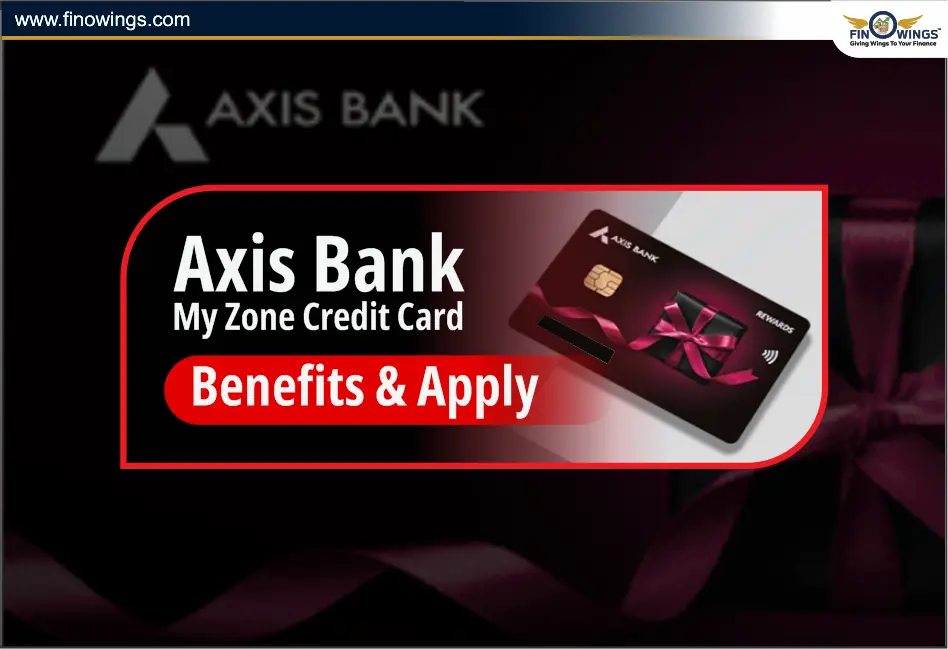Home >> Blog >> Factors that Affect CIBIL Score
Factors that Affect CIBIL Score
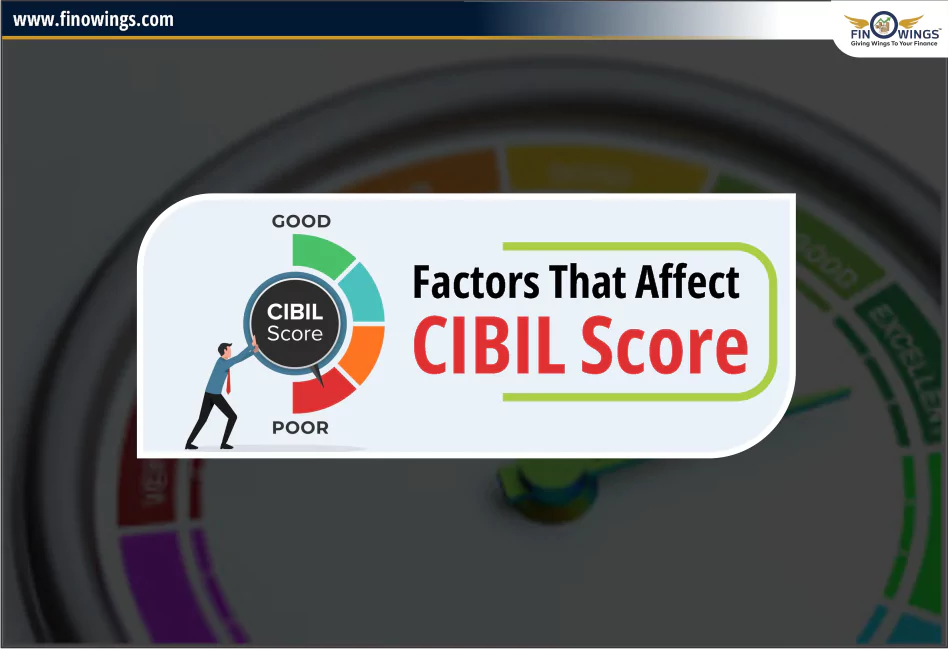
Table of Contents
What affect CIBIL score?
There are various factors that affect CIBIL score of any bank account holder. Where maintaining a good CIBIL score gives many benefits to individuals, also low CIBIL creates problems when lending for loans, applying for credit cards, etc. Today we will see some CIBIL score-affecting factors to understand and maintain a good CIBIL.
What is the CIBIL score?
Credit Information Bureau India Limited or CIBIL is a three-digit number from 300 to 700 based on individuals' credit records and repayment attitudes. This further means that a better CIBIL score signifies, to the lenders, that you are a good debtor; hence you would likely get credit on easier terms.
Does Credit Card affect CIBIL score?
You have to be careful about how and when you pay back the money you borrow when you use a credit card. For example, if you pay the full amount owed on time, your credit score will improve. However, if you frequently miss payments or merely pay the minimal amount owed, your credit score will decline.
Factors that Affect CIBIL score
-
Your CIBIL score is determined by many criteria. Your payment history is the most important component, as timely loan and credit card bill repayments have a big influence on your score.
-
Another important factor is your credit usage ratio, which is the proportion of your credit card balances to your credit limits; the lower the ratio, the better.
-
A higher score is also influenced by the duration of your credit history and by keeping a varied mix of credit kinds, including personal loans, house loans, and credit cards.
-
Last but not least, applying for credit too often will hurt your score because every new credit inquiry can result in a lower score.
How to increase CIBIL Score?
It will require a mix of planned activities and very tight fiscal practices to improve your CIBIL score. Always make timely bill payments; you can set up recurring payments or send reminders to yourself so that you never forget.
Credit usage should not exceed 30% of your total credit limit. Maintain open previous credit accounts, which contribute towards a longer credit history and higher credit score. Apply for new credit seldom. Only apply when absolutely necessary, as each check on your credit reduces your score. Keep a close eye on the credit report and correct any discrepancies.
It's also a good idea to have multiple credit cards. Patience and persistence. Although time is involved to increase the score, you will see adjustments if you push.
How to increase CIBIL score after settlement?
1. Establish a Solid Credit Record
When assessing your loan eligibility, a lender will start by reviewing your credit report. You must therefore ensure that you erase the bad history that was revealed in the report while creating some positive history. Going forward, be sure to make timely payments on all of your credit bills and EMIs. Making on-time monthly installment payments raises your credit score rapidly.
2. Change the "Settled" status of your account to "Closed."
One of the easiest ways to increase your CIBIL score after settlement is to change the "Settled" status of your credit card account to "Closed." You must pay off all of your debts in full to accomplish this.
3. Pay Dues Regularly
Almost one-third of your credit score is based on your payback history, making it a significant factor. One of the most effective strategies to raise your credit score is to start paying all of your credit card and loan bills on time and in full right away.
This will have an immediate and substantial impact on your score. To be able to make full payments, you might need to reduce your spending, but the improvement in your credit score will be well worth it.
4. Pay off any unpaid Debts
Your credit score is greatly impacted by any outstanding credit card or loan balances. Even while it can seem difficult at first to find the money to pay them all off, it is wise to bargain with each lender to find a sum that would cover all of your debts.
The longer you put off paying off your obligations, the more interest you'll accrue and the larger the payment amount will be. Your credit score keeps dropping as you put off payments at the same time. In actuality, there are only drawbacks to postponing payments on your outstanding credit card or loan. You can raise your credit score and loan eligibility by paying it off.
5. Don't let your available credit limit fall below 50%.
Another factor that influences your credit score is the amount of money you have available on your credit accounts. Be careful not to use more than half of your allotted credit limit.
7. Never inquire about or apply for a loan.
After the settlement, you need to make sure that you don't act in a way that suggests you're a credit-hungry person in the future. Do not apply for or inquire about a new loan within a few months of the settlement transaction.
8. Keep Making Use of Credit Cards
Many people have given up using their credit cards in an attempt to repair their damaged credit. This idea is dreadful.
Remember to use it to rebuild your credit score. Your credit score will only rise if you exhibit proper credit conduct. Your lack of credit activity will negatively impact your credit score.
9. Make sure your credit card company sends you a NOC.
Before closing any cards, it is advised that you get a NOC from your card issuer. Your CIBIL score is significantly impacted when you take a NOC. A NOC certifies that the cardholder is a responsible cardholder who has been issued a clean chit by the bank. Within 45 days of the card's closure, always get a NOC from your card issuer.
How to check CIBIL score?
-
Visit CIBIL's official website.
-
Select ‘Get Free CIBIL Score & Report’.
-
Enter your password, email address, and name. Provide identification, such as a voter ID, passport number, PAN card, or Aadhaar. Next, input your phone number, date of birth, and PIN code.
-
Select 'Accept and continue' button.
-
You will get an OTP on registered mobile number. Click 'Continue' after entering the OTP.
-
Choose 'Go to dashboard', log in, and view your credit rating.
-
You'll be taken to the myscore.cibil.com website.
-
Click 'Member Login', and your CIBIL score will appear after you log in.
Top 3 Must-have Credit Cards in 2024.
1. Airtel Axis Bank Credit Card
Benefits:
-
Annual Fee: Rs.500 and GST.
-
Category: Food and bill payment.
Click Here to Instant Apply for the Airtel Axis Bank Credit Card
2. HSBC Visa Platinum Credit Card
Benefits:
-
Joining Fee: Rs.500
-
Category: Shopping
Click Here to Instant Apply for the HSBC Visa Platinum Credit Card.
3. SpiceJet Axis Bank Voyage Credit Card
Benefits:
-
Joining Fee: Rs.750 and GST.
-
Category: Travel
Click Here to Instant Apply for the SpiceJet Axis Bank Voyage Credit Card
Conclusion:
However, with an excellent CIBIL score, one can easily take loans and credit cards. This score increases if bill payments are done in time, credit usage is low, and there is a long history of having credit. In this scenario, paying dues after settling the dispute and avoiding unnecessary credit inquiries is a good tip. Periodical checks on your score will keep you on the right track as far as financial health is concerned. Regularly checking your CIBIL score can help you stay on top of your financial health.
Disclaimer- No buy or sell recommendation. No investment or trading advice is given. This blog is only for information purposes. Always consult with your financial advisor before investing.
Frequently Asked Questions
Your past payments (35%).
Debt amounts (30%).
Your credit history's duration (15%).
10% of your credit mix.
Any fresh credit (10%).
Paying down the remaining loan balance is the only method to get a settled status removed from your CIBIL report. Obtain a "No Dues" certificate from the lender when the loan balance has been paid back, and ask them to amend the loan's cleared status
There are five ways to raise your credit score. Pay off all of your current debt.
Pay off all of your current debt.
Make on-time EMI payments.
Don't use too much credit.
If there are any inconsistencies in your credit report, report them.
Take out a variety of loans











